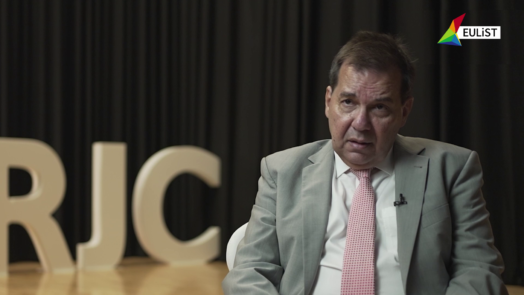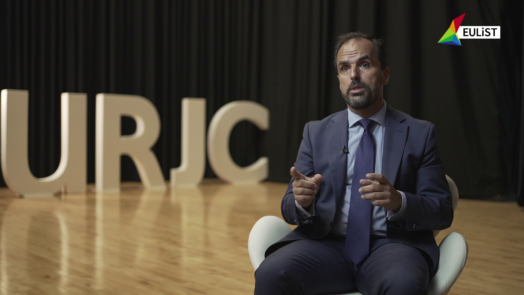EULiST Agora for Education
Τranslatινg the main EULiST vision of linking society, science and technology members into all teaching and learning activitiesEULiST Agora for Education will translate the main EULiST vision of linking society, science and technology and the green and digital transition of the EULiST members into all teaching and learning activities through the implementation of
- challenge-based education, international collaboration and transdisciplinarity to jointly create knowledge across STEM and SSH disciplines at the service of societal development;
- a recognition framework through digitising and facilitating the admission, recognition and credit transfer across and beyond the alliance to increase the mobility of students, researchers and staff, including EULiST AGORA educational activities in order to enable students to formulate the EULiST component of their curriculum;
- flexible and interactive teaching and learning formats online, hybrid or face-to-face, e.g. micro-credentials and micro-degree programmes, joint modules in the EULiST course catalogue, as well as joint degrees that allow students at all levels, including life-long learners, to incorporate EULiST into their studies and curricular paths and promote the development of students’ transdisciplinary projects;
- a EULiST Citizen Science Office as well as open-door junior and senior university events to reach out to non-traditional learners and interact in learning processes with the general public, in order to a) widen the recruitment base for students enrolling in EULiST courses and programmes, b) better embed the university in its territory, while promoting the values of inclusiveness, democracy, freedom and mutual cultural understanding;
- Artificial Intelligence Tools for personalised, advanced support in education, research and innovation at European level, building selected predictive learning analytics models and exploring Natural Language Processing techniques to enhance inclusiveness and externalisation in educational processes.


